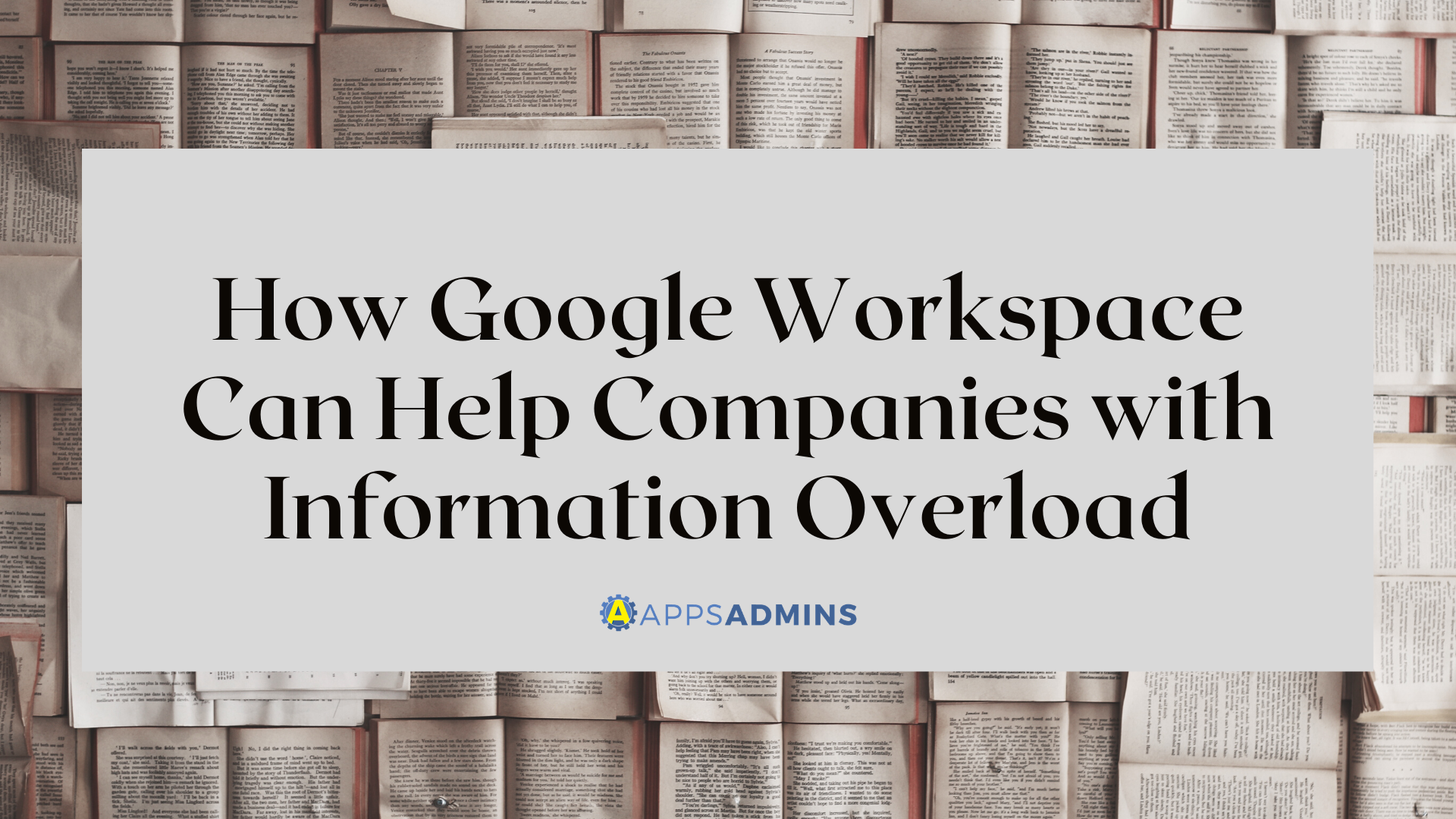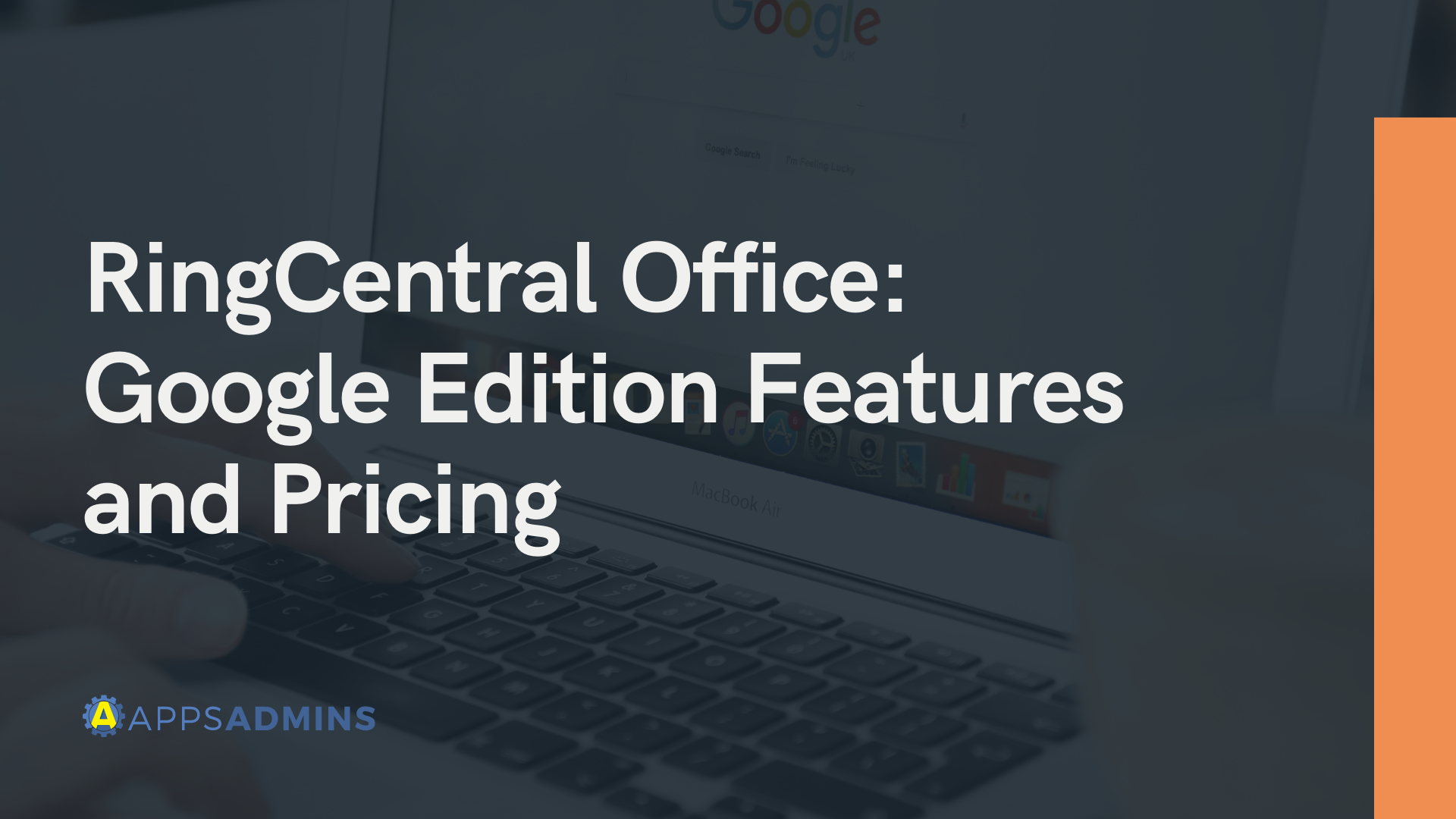G Suite Business Free for 30 Days
Sign up for a Free 30 Day Trial of G Suite Business and get Free Admin support from Google Certified Deployment Specialists. No Credit Card Required.


During the Google Cloud Next Conference that took place in July 2018, Google announced that they would be unveiling their Contact Centre AI - a customer support toolkit. The solution takes advantage of the Dialogflow feature within Google, as well as Cloud Speech to Text to interact with customers over the phone. Using a combination of audio-to-text technologies and conversational experience development solutions, Google can offer a unique contact center experience. Around a year later, Google is now ready to bolster its cloud contact center solutions with a range of features to significantly enhance speech recognition.
According to product managers Shantanu Misra and Dan Aharon, contact centres are becoming a crucial component in many business environments. The right technologies now play a vital role in helping businesses to offer the right quality of care. Google is excited to see how improved speech recognition will transform the contact center once and for all.
Introducing Automatic Speech Adaption
Central to the selection of new contact center features revealed by Google in July is 'Automatic Speech Adaptation.' This feature is currently available in beta mode, and it's used to target scenarios where speech recognition systems in Dialogflow might confuse words that sound similar. This system takes context into consideration, specifically training entities, phrases, and other information to respond appropriately to customers using a learning process.
The auto speech adaptation feature will be switched off by default for now, but you can turn it on from within the Dialogflow console.
Google also recently introduced some baseline console improvements too. For instance, premium speech-to-text models were recently introduced in preview for specific use cases. In February 2019, one of these models (a phone optimized for 2-4 people conversations) generally became available. According to some reports from Google customers, this model has up to 62% fewer transaction errors compared to its predecessors.
Recently, the Google team announced that they have further enhanced this model for shorter sentences uttered in US English. The model is now up to 15% more accurate compared to the previously announced improvements. According to Misra and Aharon, applying speech adaptation will be able to add more improvements on top of that original gain.
Improved Streaming and Transcription
Google is continually applying more high-quality improvements to its intelligence roadmap. Alongside the other updates to the contact center environment mentioned above, Google has also invested in increased 'richer' manual adaptation and enhanced entity classes, as well as endless streaming, expanded phrase limits and more.
Within the SpeechContext parameters provided by Google, there is now a trio of new features intended to tailor transcriptions according to the unique vernaculars of specific industries and companies. SpeechContext classes, some of the pre-built entities that reflect things like money denominations, numbers, addresses, and more, optimize ASR for a specific list of words at once. Additionally, SpeechContext boost helps to improve speech adaptation strength while reducing potentially false positives.
The Google Cloud 'Speech to Text' feature, which has only been able to support streaming audio for up to 1-minute increments since its launch, has now revealed that its capable of processing sessions of up to five minutes in length. It can then resume streaming where it left off with previous sessions, which Google believes makes the live automatic transcription function infinite in streaming length.
If all of those updates weren't enough, Cloud Speech to Text from Google now also natively supports the MP3 format for files, which is much more convenient for many businesses who had to expand their MP3s to the LINEAR16 form in the past.
Looking Forward to Better Contact Centres
Both Misra and Aharon have said that they're excited to see how the new improvements in speech recognition and contact center intelligence will help to improve and enhance the contact center experience for businesses of all sizes. The wide range of updates made to the contact center and customer support offerings from Google come soon after the debut of CallJoy - a recent graduate from the Area 120 incubator hosted by Google that allows small businesses to harness the models they need for natural language processing and understanding.
Google recently made Document Understanding AI available in beta too. This serverless platform automatically structures and classifies data within scanned physical and digital documents. There's also availability now for vision product search, which uses the cloud vision technology available from Google to enable stores to create state-of-the-art smartphone experiences.
The Contact Centre AI is still in beta, with partners like Salesforce, 8x8, Avaya, Accenture, Cisco, Mitel, Vonage, Twilio, Five9 and Genesys.
.jpg?width=818&name=appsadmins-svg-rules-1%20(2).jpg)







